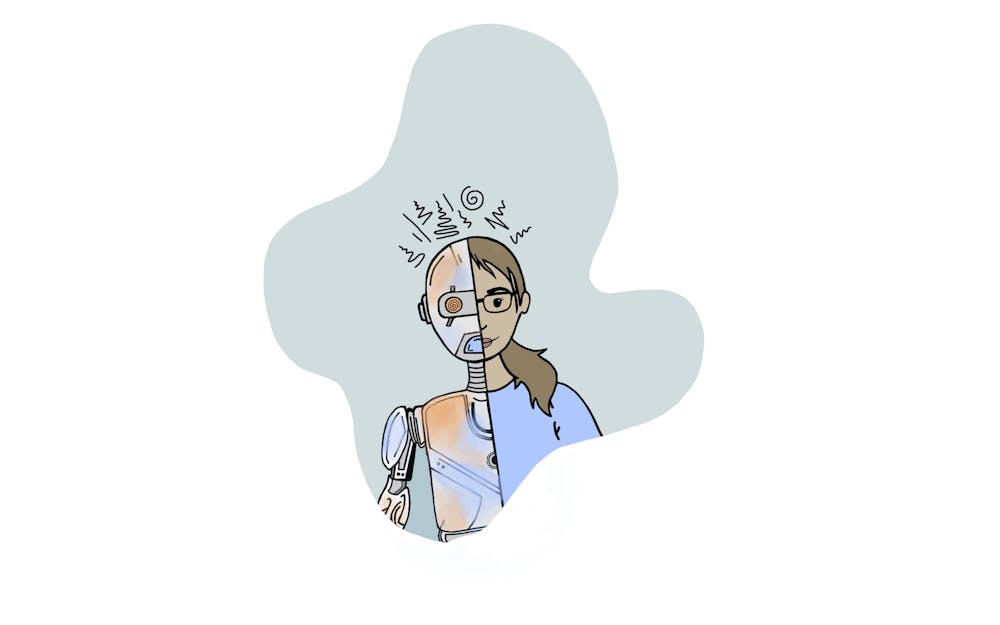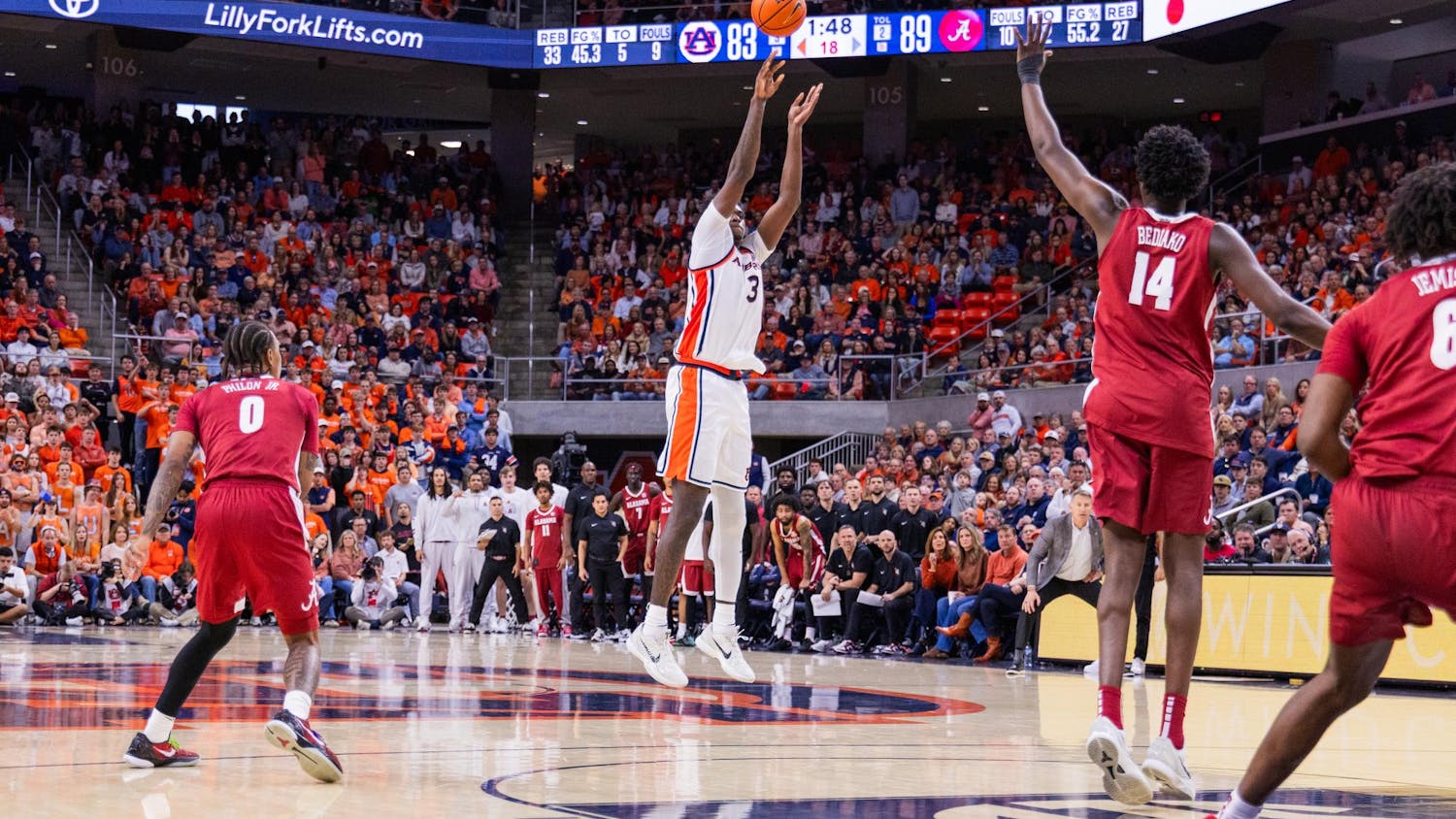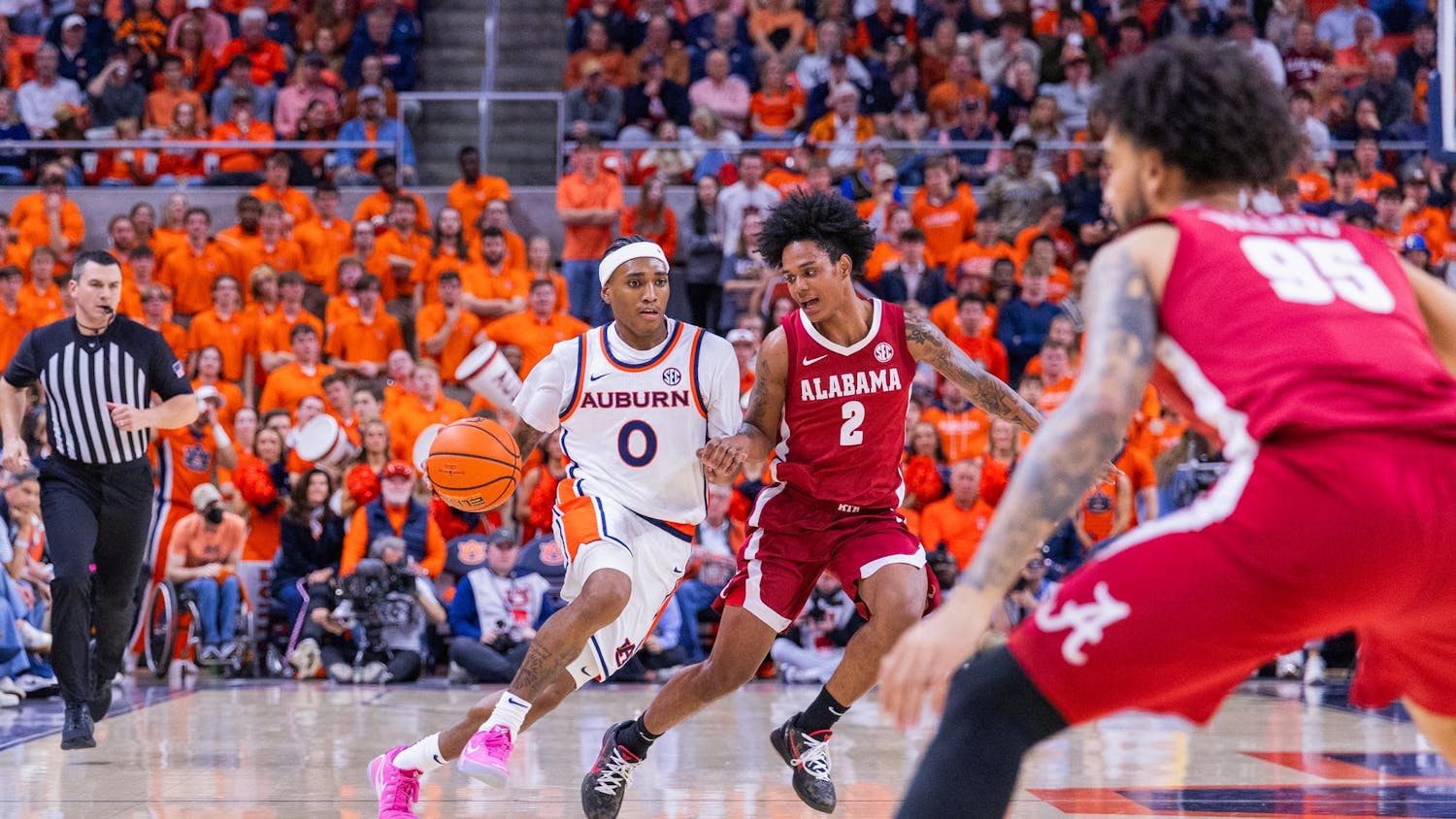To the Auburn STEM students, 8,132 of which make up the undergraduate Colleges of Engineering and Science and Mathematics alone, artificial intelligence is a terrifying prospect.
The 2024 Chemistry Nobel Prize was awarded to John Jumper and Demis Hassabis for their development of an AI tool capable of predicting the folding of protein structures. At the same time, AI is assisting and accelerating research related to neurodegenerative diseases, microbiology and predicting stable materials for batteries. Many professors are implementing AI policies, and job insecurity appears to be rising. Some studies even predict that 60% of administrative jobs will be automated by AI in the upcoming decades.
AI will inevitably transform every area of work, from Uber driving to healthcare, and researchers consistently state that no job is safe. Artificial intelligence is better at math, data analysis and writing, and we will all be unemployed by 2050... Right?
While AI will reshape the workforce, there is a more nuanced picture of the relationship between STEM and AI, including some positive impacts. For example, as a result of the breakthroughs mentioned above, entire populations of people will gain access to new medications and technologies that will doubtlessly improve their life.
However, as AI continues to develop, it will take a new generation of thinkers and scientists to adequately take advantage of these new mechanisms. It is not the end of employment and purpose but a new opportunity to understand the world more deeply.
STEM majors should not be afraid of AI, as it is evident that to most skilled labor, AI in its current form holds the potential for complimentary advances in healthcare, physics and mathematics.
If the STEM career field can embrace AI as a tool (albeit with major caveats and heavy regulations), students will not only thrive in an AI environment but improve the lives of more people. Many relate this age of AI to the mechanization of the workforce by phones and clocks – a revolution we rarely dwell on in our modern age. While I cannot claim complete certainty of the future, there is no reason to panic. Science and mathematics are fundamentally complicated and difficult, relating directly to human development and progress. For this reason, students in Auburn’s STEM programs should not worry but instead embrace the future without fear, looking forward to helping others.
This is not an argument for ignoring the major issues with AI in our society and job market but a call for hope. Because STEM jobs are complimentary with and benefit from AI, it is up to STEM majors to help solve the issues of AI to benefit everyone.
Do you like this story? The Plainsman doesn't accept money from tuition or student fees, and we don't charge a subscription fee. But you can donate to support The Plainsman.





